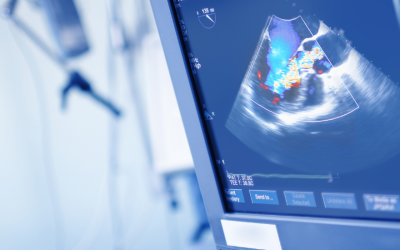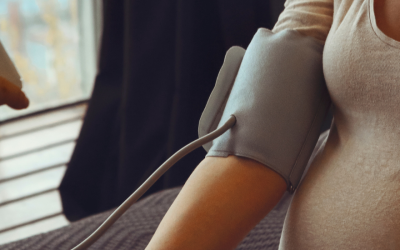Ask An Expert Question: After delivery, my OB did several tests to try to determine why I developed preeclampsia. They said everything was normal except for my thyroid antibody levels, which were high and still here 9 months later. I know thyroid hormone problems are involved in miscarriage, but could antibody levels be related to preeclampsia?
ANSWER: Researchers have wondered about the thyroid antibodies/preeclampsia relationship too, but the more it has been studied the less likely it seems. The idea, roughly, is that since thyroid disorders are known to raise risk of miscarriage and preterm birth, and since those sorts of pregnancy complications are often associated with preeclampsia, that abnormal thyroid antibodies might directly relate to preeclampsia risk. Older metaanalyses have shown an increase in risk of preeclampsia with hypothyroidism, but not for the presence of thyroid antibodies. But a metaanalysis is conducted by grouping a large number of small studies together and trying to count effects, and they can fail to show an effect when there really is one. One way to measure this is to measure thyroid hormone levels in all of the women in a population, divide them into “normal” and “subclinical” groups of TSH, and into groups with and without antibodies present, and then to count the number of times preeclampsia occurs in each group. When this was done, there was no difference in the rate of preeclampsia between any of the groups. Adding TSH and thyroid antibody levels to current first trimester screening tests did not improve the ability to predict preeclampsia. This suggests that whatever effect there might be would be small. However, there are reasons to continue investigating this. The hormone that pregnancy tests detect, hCG, binds to receptors on the thyroid and can affect the thyroid’s production of hormones. And high hCG is related to preeclampsia risk:
Regardless of whether or not thyroid antibodies do affect preeclampsia risk, thyroid conditions are common in pregnancy and postpartum. Treatment, where necessary, can protect healthy pregnancy and normal fetal development. If you have any of the symptoms of thyroid problems, mention this to your care providers and ask if you should be tested.











